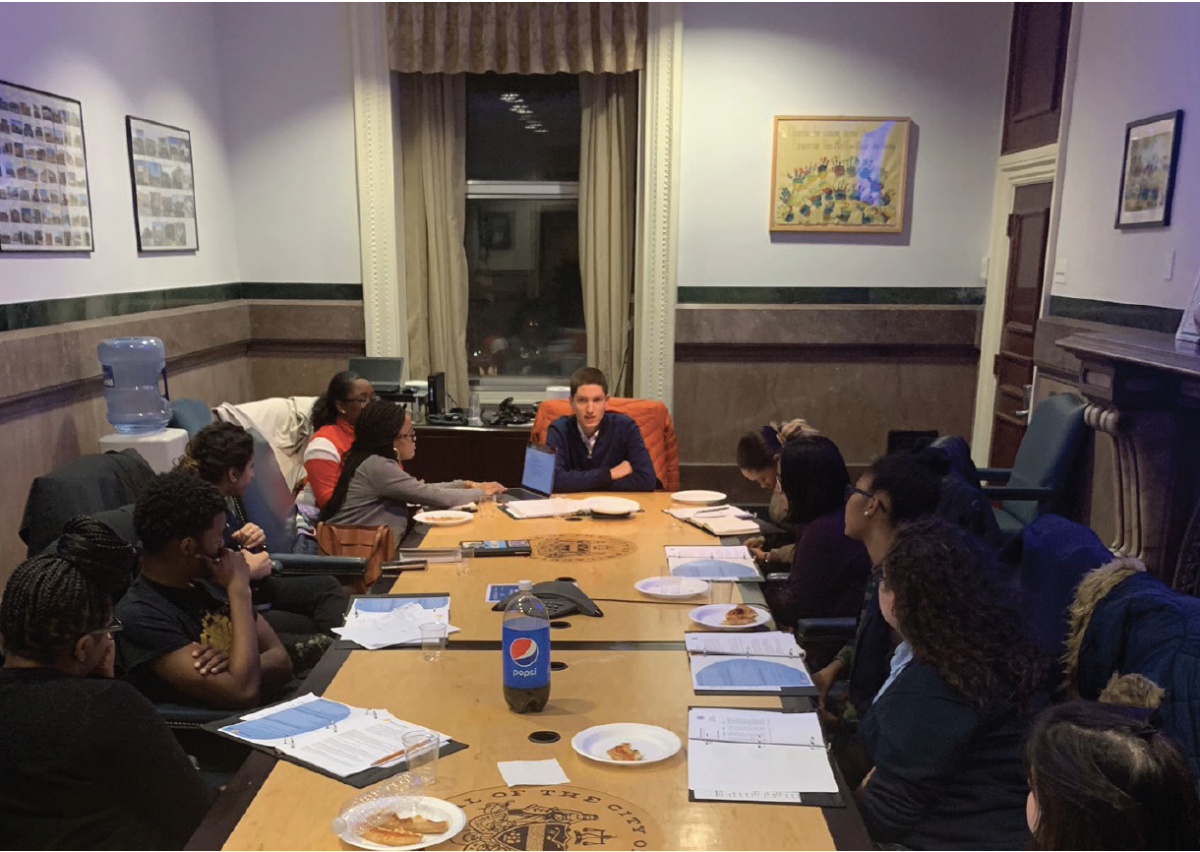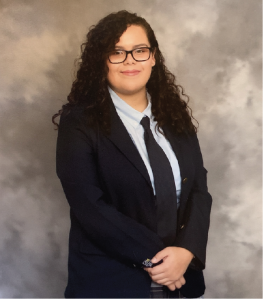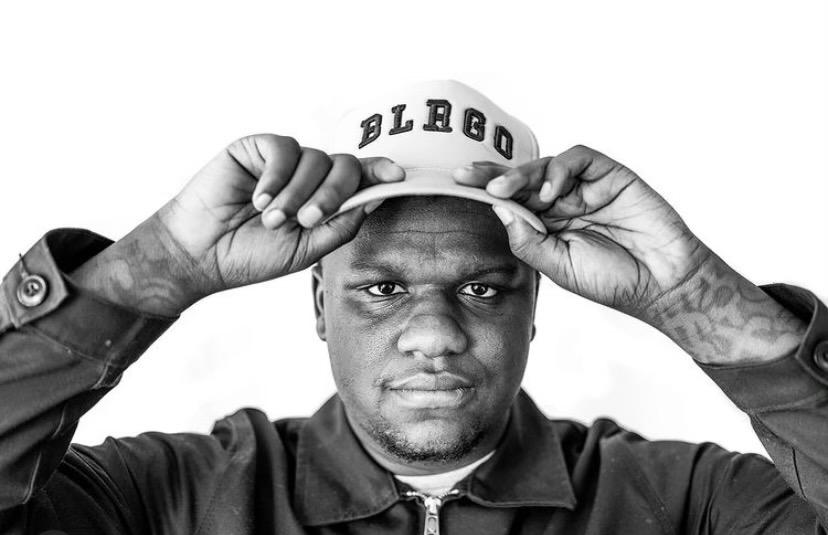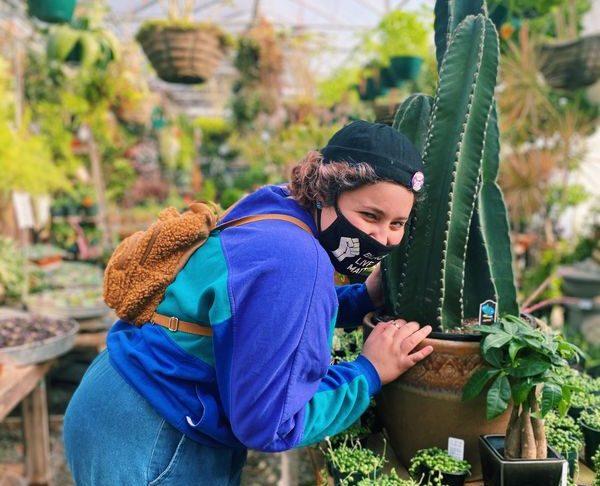
For Alfredo Praticò, a sophomore at the University of Pennsylvania, it was a deteriorating recreation center in his Spring Garden neighborhood. For Mia Velez, a senior at Cristo Rey Philadelphia High School, it was the 2016 presidential election and issues of immigration. They both looked around and saw they wanted a better world, and a better Philadelphia.
“Oftentimes we hear that the youth is our future, but I don’t like that statement,” Velez said. “I’d like to say that we’re the present. Because what’s happening in government, what’s happening with legislation, policy, it directly affects us now. What we choose to do with our voices will forever affect us.”
Velez is the vice chair for communications for the Philadelphia Youth Commission, which works to improve the lives of Philadelphia’s youth by advising the mayor, City Council, Philadelphia school administrators and other decision-makers on issues relating to young people.
“As young people, if we want change to happen we have to be that change that we want to see,” Velez said. “We’re going to take those steps to get it because we’re more than just someone that’s going to take a seat in a position 20 years from now. This is our world right now and it still matters.”
The Philadelphia Youth Commission’s plans were heightened during the coronavirus pandemic and the summer of 2020, which saw protests against racial injustice following the murder of George Floyd. The members of the Youth Commission fostered discussion about systemic racism and gun violence.
Praticò, the Youth Commission’s chair, said since June they have hosted four or five panels with members of City Council, different offices under the mayor, young people and parents of young people that were focused on the rise in gun violence that coincided with the pandemic. Praticò said these were not just spaces to speak about their experiences but also places they can use to “heal or to make changes in their community.”

PHOTO COURTESY OF ALFREDO PRATICÒ
“Some of the most powerful things that I’ve heard in my time on commission has come out of those meetings, speaking with other young people who, even though one person is from North Philly, one person’s from West Philly, one person’s from Southwest Philly, the experiences are the same,” Praticò said. “Their experience, experiences that I share, living in Philadelphia that I’m sure Mia shares, that pain we feel is the same universally. It’s powerful and it’s something that gives me hope for post-pandemic change that our generation will be able to make.”
Both Praticò and Velez said people in city government are receptive to hearing from youth and incorporating their voices and their perspectives into legislation and policies. Velez said sometimes people are afraid to open the door to youth perspective, but she hasn’t seen that in Philadelphia.
“I’ve seen the willingness that people have to listen to young people and get their perspective on ideas,” Velez said. “Whether it be about how we experience things in our generation, or if it’s just ‘Hey we’ve never thought of any solutions for these issues, what is your take on it, can you bring some new fresh ideas to the table?’ It’s been really great to see people be willing and open to hearing about a youth perspective, because I feel like often young people are just written off as young and inexperienced, but it’s amazing to see that people are willing to hear what we have to say.”
In fact, Praticò said this receptiveness can feel a little unexpected at times, but he is grateful that members of the Youth Commission have the opportunity to include their voices in these discussions.
“People have come to welcome youth voice more,” Praticò said. “I’m genuinely surprised that people are willing to hear and willing to listen to us.”
A lot of what the Youth Commission can speak to most are issues of education. Praticò attended Masterman High School in the Spring Garden neighborhood of Philadelphia. He also served on the Philadelphia Board of Education, where he said he was able to see that the problems he saw in his own public high school permeated throughout the city.
“You could make the argument that there have been more than one lost generation of Philadelphia’s young people,” Praticò said. “I went to public schools. For us it was a normal day if we had to stick trash cans in the hallway to collect the water coming in from the ceiling when it rained. Those are circumstances that are very present and have very real consequences on Philadelphians.”
It wasn’t just infrastructure problems that Praticò saw, but a desperate need for basic digital literacy. Praticò said many students in Philadelphia’s public schools do not have enough experience with Microsoft Office to make cover letters or resumes when applying for jobs.
“If we as a city can’t provide that sort of basic stuff for young people, we’re just going to have another lost generation,” Praticò said. “Now, with COVID especially, we see ourselves in the position to ensure that another casualty of COVID-19 is not Philadelphia’s young people. If there aren’t people speaking up, people will not listen or not pay attention, and our collective futures and the future of the city, very honestly, will just go down the drain.”
Vice-Chair Jessica Bernal-Camejo, currently a sophomore at Temple University, said she isn’t surprised at the work that Velez and Praticò are doing, calling them “real-life superheroes.”
“They are absolutely amazing leaders and they put a tremendous amount of work and effort into the Youth Commission,” Bernal-Camejo said. “Always available to work with you and create projects and events that will benefit the city and its youth.”
One project Velez is currently working on with Philadelphia public schools is a pilot program working to make sanitary products, like sanitary wipes and tampons, more accessible in the school district. The Sanitary Products Committee has distributed over 20,000 products so far.
Velez said although she has been a student in a private school like Cristo Rey and was equipped with tools for success, her work with the Youth Commission allowed her to see the struggles that other students face and has driven a lot of her work.
“Something that I feel so blessed and grateful to have had in my high school experience is business literacy and financial literacy,” Velez said. “I feel like those need to be built into the schools’ curriculums because those are not luxuries, those are necessities for us to be able to succeed and thrive within our city and beyond.”

Velez will study political science at Yale University in the fall. She wants to go to law school following her undergraduate years to be an immigration attorney. While that may be further down the road, Velez’s current work is striving towards a different Philadelphia.
“I just want to see a safer Philadelphia,” Velez said. “I want to see a city where young people don’t have to fear going outside and visiting the park by themselves because of the gun violence that plagues our streets. I want children to be able to be in their front yards for hours at a time without their mothers over their shoulders every five seconds to make sure that the street is fine. I just want people to be able to thrive in this city without the shadow of death over their shoulders.”
Praticò said his goal after he graduates is to continue to create change and uplift youth voices in the city that he was born and raised in.
“We’re going to need, collectively, a type of energy and motivation for change that we’ve only seen a few times in American history in general,” Praticò said. “I would say over the medium-term future that collective willpower to do something positive in a nonpartisan fashion is the only thing that’s really going to change the trajectory of the city and our neighborhoods.”















































